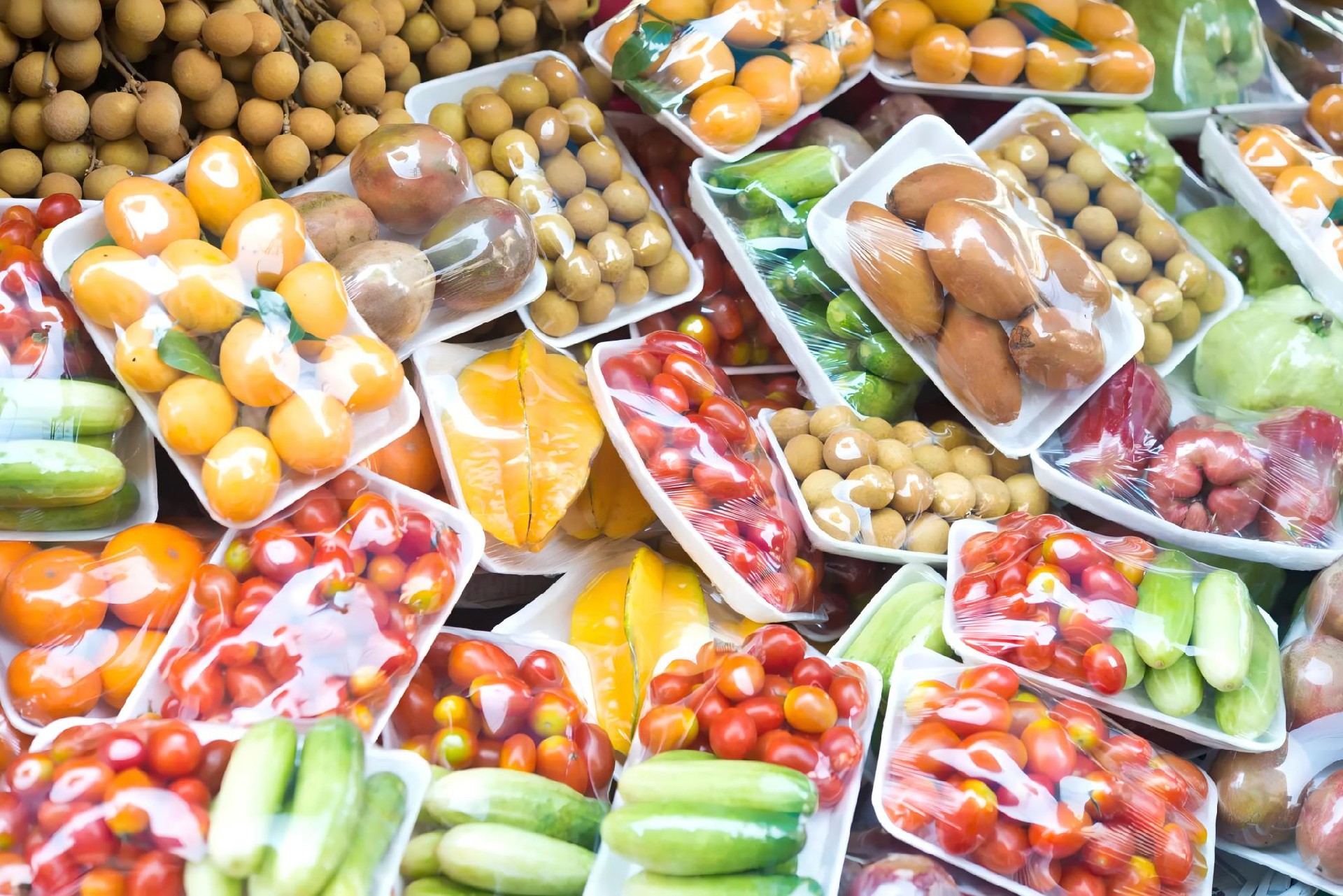Spain has a plastic tax. France has severely limited plastic-wrapped produce and the European Union is about to add its own restrictions. Canada is trying to hammer out a plan that could eliminate plastic packaging of produce by 95 percent by 2028. In the United States, 11 states have already restricted plastic packaging. As part of a sweeping anti-waste plan, the Biden administration is calling for new ways to package food that uses climate-friendly, antimicrobial material designed to reduce reliance on plastic.
Reducing the use of plastic is an obvious way to push back against a changing climate. Plastic is created from fossil fuels, the biggest contributor to greenhouse gases. It chokes the oceans and seeps into the food chain. Estimates vary, but about 40 percent of plastic waste comes from packaging.

As the world continues to explore more sustainable solutions for plastic production and utilization, the global plastics industry is projected to see significant shifts in the next decades. Numerous innovations are currently being developed that could help the sector become more eco-friendly. This includes the introduction of new types of polymers that can be used in far more sustainable ways than traditional plastics as well as advancements in environmental regulation.